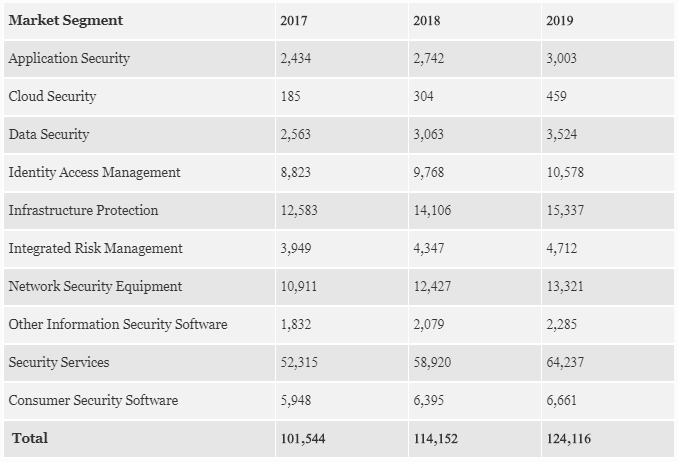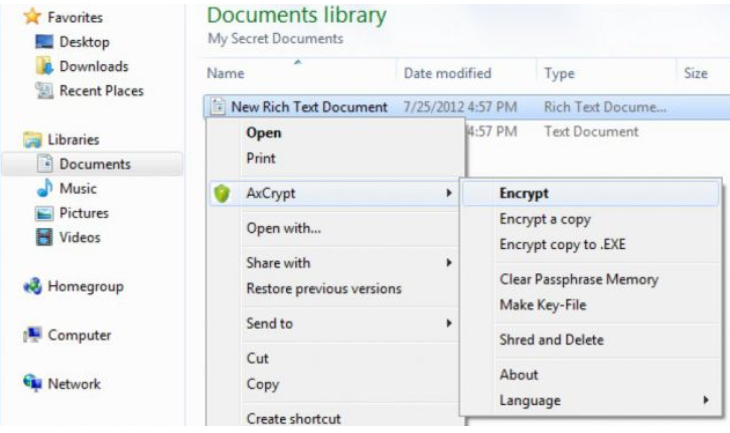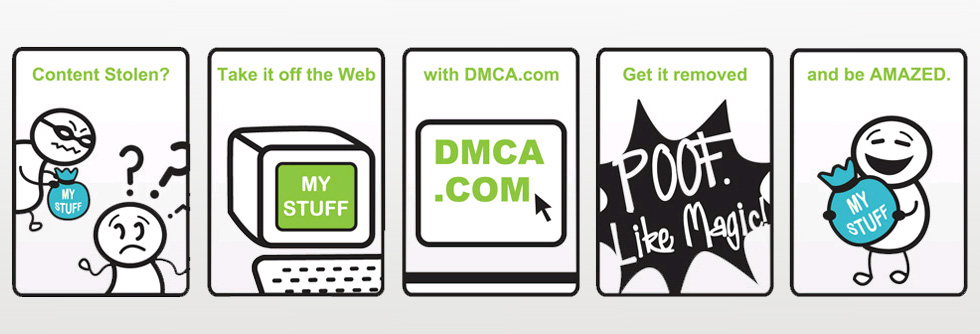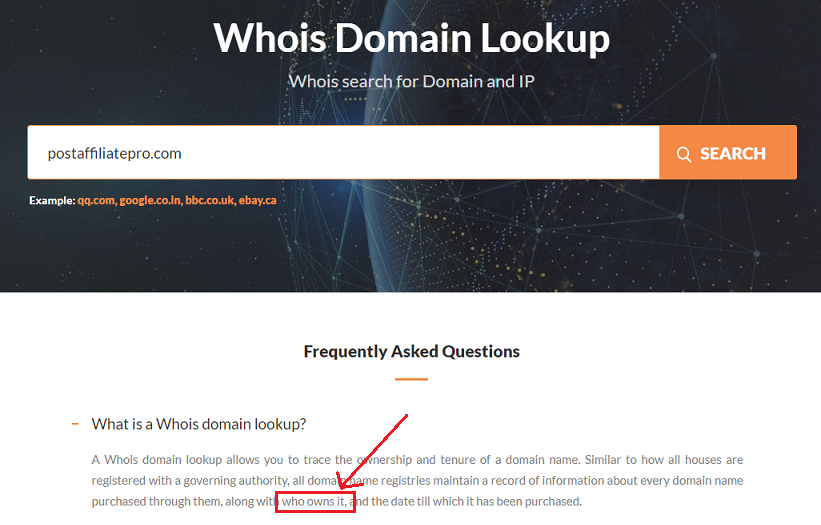Affiliate marketing won’t exist without high-quality content. Every time you launch a website for sales or choose a referral for traffic generation, you think of content assets and evaluate their validity for your marketing purposes, right? But every time you design a content strategy for affiliates and spend hours on content creation, you risk falling victim to plagiarists. They believe it’s okay to copy your writings and reuse them for other publications without attribution. It hurts. It feels like identity theft. And understanding you can’t do anything here hurts even more: once published, your writings go to the web where anyone can copy them.

But the #1 problem is that Google hates duplications. And once it considers your affiliate writings a duplicated content, penalties come: your websites get banned, all marketing endeavors go to the dog, budgets are lost…
Not inspiring enough, huh? What you can do to save your affiliate writings from plagiarism is protect them and your website beforehand. Here’s how:
Protect Your Affiliate Website
Worldwide spending on security-related hardware, software, and services is forecast to reach $91.4 billion in 2018, an increase of 10.2% over the amount spent in 2017. This pace of growth is expected to continue for the next several years as industries invest heavily in security solutions to meet a wide range of threats and requirements.
from the guide by the International Data Corporation.
The predictions from Gartner differ a bit: they expect businesses to spend $124 billion on security by 2020.

In any case, numbers speak volumes. With online plagiarism on its rise, webmasters are ready to pay for security because their business highly depends on it. Hackers, dishonest competitors, viruses, criminals willing to kill and steal business data and personal information — all they are a big problem for affiliate websites, especially those on WordPress: specialists consider this platform the most sensitive to malicious attacks.
To protect your affiliate website from hacks, do the following:
- Consider security-focused hosts and providers.
- Update your software: servers, CMS, and browsers are easier to hack when you ignore the latest updates with bugs fixed.
- Make sure your malware is powerful enough to protect content from viruses and hacks.
- Think of strong passwords for your admin panel. And change them, as well as user names, every month.
- Use HTTPS protocols for business websites, especially if you ask visitors to share personal data there.
Protect Business Information
First of all, you might want to consider creating a separate network for affiliate payments. Give access to 1-2 employees only so you could control the access to your business information. The thing is, cybercriminals often hack employees’ computers via email and get access to the whole business network of yours this way. Minimize the risks by doing business payments separately.
Also, protect your Wi-Fi: make sure to change your router’s default settings and use vpn service or anonymous browsing when your access Wi-Fi in public locations. Therefore, you’ll mask all passwords and minimize the risks of being hacked. To protect your clients’ personal and financial information, consider the best encryption software tools. Designed to keep data private, they’ll serve to secure it during transactions at your business website.

If working with small affiliate marketing teams, pay attention to cloud-based services: choose the one that fits your business needs most, and allow their specialists to control your online security.
And last but not least. Grow the culture of awareness among your team members. Ask IT specialists to set up everything right and give your employees access to only the content they need for work: given that around 60% of security breaches occur within your company, behind the firewall, do your best to make every effort to prevent that.
- Don’t let employees reach data systems.
- Ask them to avoid clicking all links they find in emails.
- Teach them to lock up computers when they aren’t in use.
After all, when it comes to preventing plagiarism, the first step you can take is to restrict access to your content. But here’s the catch. Such advice can’t work when speaking about affiliate writings. You create them to reach a wider audience, so you need to post them in the public view, right? The minimum you can do here:
Register Your Affiliate Writings
Have you ever heard of DMCA? Known as the Digital Millennium Copyright Act, it criminalizes any attempt to use online content as your own. According to this act, all published works are under copyright law, even with no copyright symbol on them. And for those willing to start a blog or launch a website to take part in affiliate programs, it would be smart to register their projects with DMCA. They’ll give you a badge to use on the website for potential hackers to see you protect it.
Google, YouTube, Twitter, Flickr, web-hosting services like Bluehost, and many other online service providers are protected by provisions in the DMCA that give them ‘safe harbor’ from prosecution for copyright infringement so long as they adhere to certain guidelines.
Joseph Gildred, information technology analyst for Cloudwards.net

So, once you see someone has stolen your work and published it — send them a DMCA takedown notice, requiring to remove it as it’s a copyright violation. As you understand, copyright provides legal ownership over your work. But, as a copyright holder, you are also responsible for any infringements happening to it. That’s why you need to keep an eye on how others use your affiliate writings to prevent content duplications and avoid your website penalty from Google search.
Anything else you can do to save writings from plagiarism?
- Mark them by a copyright notice.
- Watermarks work fine, too.
- Save all mind maps, drafts, and other documents proving the process of creating your writings.
- If you have co-authors, arrange for an agreement to specify who owns the rights for those affiliate writings.
And now, for the most interesting part.
Monitor Your Writings Regularly
Given that a problem of plagiarism is on the rise, tons of instruments have been developed to help you monitor online content and see if anyone uses it on the crook. And while some tools (PlagiarismCheck.org, Skribble, WriteCheck) allow you to check own writings for duplications and make sure you don’t copy published works by mistake, others (Copyscape, TinEye, Myows) help to see if and where someone used your text and visual content.
So, choose the tool that fits your need most — and use it regularly to monitor your writings. But again, remember about Google. Its database of websites is your best friend when it comes to tracking down copycats.
How to use Google Search to find plagiarism:
- Take a SIP (a 6-12-word statistically improbable phrase) from your work.
- Place it in quotes and google it. In case of no matches, try searching this phrase with no quotes.
- Look closely at each link, besides your website, in the results. Is it your work? Do they use it within your guidelines?
Tip: Don’t search your writings by title. Big chances are, plagiarists will change it to hide their activity. When using the above scheme, you might get the following message in Google Search results.

It means there are other pages with identical content on the web, so it’s worth checking them too. Click that link and repeat your search. To speed up the process and get more results, consider tools like Copyscape, Plagium, and Google Alerts. In the case with Copyscape, you’ll need to use the URL of a web page you want to check — and it will show if there are any duplications online. It’s not that expensive (5 cents per search), but you are also welcome to try a free version that will show you only 10 results per search.
As for Plagium, here you’ll work with the text of your affiliate writing. Copy and paste it in the tool, and you’ll get unlimited results with duplications (if any) for free. Unlike with Copyscape that uses Google, Plagium works with the Yahoo! search engine. So, if you decide to use both — you’ll have different results.
Editor insight: Consider also Plagiarism Checker from SmallSEOTools, which is our favorite alternative. It’s free and easy to use.
If and when you detect the copy of your affiliate writings at some third party’s website, don’t hurry up to rave and storm, threatening to destroy their mickey mouse company at your earliest convenience. Keep a cool head and contact them with the reminder who’s a copyright holder here.
Contact Plagiarists
The best option is to contact them directly, describe the situation, and ask to remove stolen content from their website. Most webmasters are afraid of Google penalties for duplications, so, in most cases, they’ll remove it once they understand you know about their plagiarism. Sometimes, you’ll need to prove your authorship. It’s the case when all drafts, screenshots, and other documents demonstrating the process of content creation will come in handy. If you can’t find direct contacts on their website, consider Whois.

Here you’ll learn their legal name and phone, as well as their hosting company. So, in case they ignore your emails or don’t want to remove stolen writings anyway, you can contact the hosting to describe the situation. As a rule, hostings are ready to remove such dishonest users from the list of their clients.When “face-to-face” conversation fails, your next step is to send them a Cease and Desist letter. It’s a formal request for plagiarists to stop copying your affiliate writings. Make sure to include the following elements there:
- Your stolen work.
- Its particular abstracts that have been duplicated.
- Your demands. Do you ask them to remove that copy or give it a proper credit?
- A deadline for them to meet your demands.
- What you’re going to do if they ignore your request: send a report to their hosting, take some legal actions, etc.
There’s no human to contact, so you’ll hardly reach them. And even if you do, they aren’t interested in cooperation: running hundreds of spam blogs and working with fake identities, they are more likely to ignore you. It’s the case when you might want to write a copyright complaint. If you can prove that you’re a copyright holder, Google may remove it from the website of infractors and ban them for stealing it from you.
Avoid Plagiarism In Your Affiliate Writings
Aimed at saving your affiliate writings from plagiarism, make sure you are not a content plagiarist yourself. Even if you don’t want to copy others, big chances are you do that, infringing on the rights of others.
It often happens that a writer ‘steals’ content without knowing it: they might not correctly cite ideas or words they use or just rewrite their own previously published works, thus getting involved into self-plagiarism. That’s when hiring outsourced authors for crafting your affiliate writings is fully justified: they help to avoid unintentional plagiarism.
says Mike Hanski, digital marketer at Bid4Papers
You know that sharing comprehensive content for more organic search, backlinks, and sales is among top strategies for successful affiliate crowd marketing. It brings loyalty and trust to your brand, together with traffic and leads. And self- and unintentional plagiarism in your affiliate content is the last thing you need. So, double check your writings before publishing. To avoid duplications in own content, consider the following:
- Never copy online texts word for word, without citation. If you need a quote, enclose a text in quotation marks and introduce the source.
- Never rearrange words from an original text. Also, don’t change sentence structures or grammar constructions. It’s still plagiarism.
- Avoid poor paraphrasing and excessive synonymization in your writings. First, it makes your texts sound unnatural; second, it’s plagiarism. Yes, again.
Conclusion
Stellar content, comprehensive and original, is a must for every affiliate marketing website to have. It hooks the audience, generates organic traffic, attracts backlinks, and invites leads. In other words, the success of your marketing campaign highly depends on it.
The problem is that top content is a target for dirty players on the market. They steal it, republish it on their websites, use it for black SEO strategies… All that damage your reputation, forcing you to give up plans and make changes to your affiliate marketing software…
To save energy and time, prevent plagiarism of your affiliate writings. Protect your affiliate business information and website beforehand, register your writings and monitor them regularly, and make sure you don’t violate any copyrights yourself.
Share this article
How to write an excellent affiliate marketing blog post: 5 tips and tricks
Unlock the secrets of successful affiliate marketing with 5 expert tips to transform your blog posts into profit-generating content. Learn how to build trust with disclosures, avoid being too salesy, showcase product benefits, leverage promotional materials, and master keyword research for better visibility. Explore this comprehensive guide and elevate your blogging game today!
How to Create an SEO Affiliate Marketing Strategy
Explore how to effortlessly boost your online presence with SEO affiliate marketing. Learn essential tips for success, including the power of long-tail keywords, and discover the benefits of upfront investment. Optimize your affiliate marketing strategy with trusted tools like Post Affiliate Pro, and start earning without the hassles of product creation. Unlock the potential of SEO-driven traffic and maximize conversions today!
How to Write a Good Review to Get Affiliate Sales from Your Articles
Learn how to craft compelling review articles that drive affiliate sales with expert tips on understanding products, targeting audiences, and using personal visuals. Enhance your content with the AIDA funnel and effective formatting to boost engagement and track success through metrics. Perfect for anyone looking to increase income through affiliate marketing.
How much should you pay your affiliates?
Discover the secrets to setting competitive affiliate commission rates with Post Affiliate Pro. Learn essential strategies for conducting research, analyzing industry benchmarks, and choosing the best payment methods to ensure satisfaction for both you and your affiliates. Maximize your profits while keeping affiliates motivated and engaged.
Affiliate marketing for beginners
Discover the essentials of affiliate marketing for beginners with Post Affiliate Pro. Learn how to build an audience, create engaging content, and use marketing channels to earn commissions. Unleash your passion for your niche, showcase products through video, and boost sales with special deals. Dive into the world of affiliate marketing today!
8 affiliate marketing scams to avoid in 2025
Discover the top 8 affiliate marketing scams to avoid in 2023 with Post Affiliate Pro. Learn how to spot tactics like fake products, get-rich-quick schemes, and more. Stay informed to protect your business and reputation from fraudulent activities in this booming industry.












